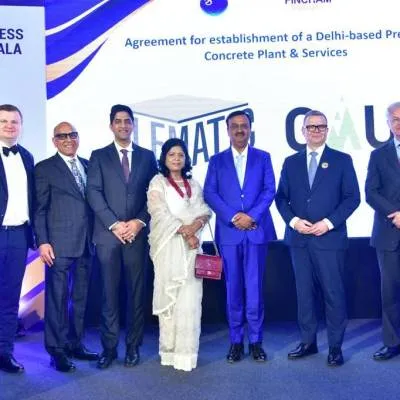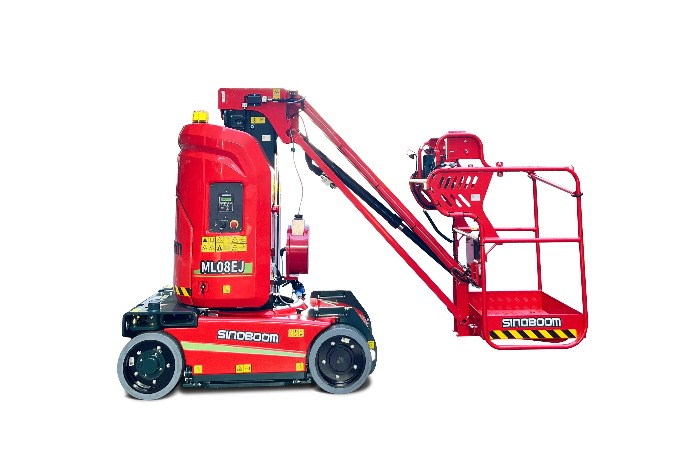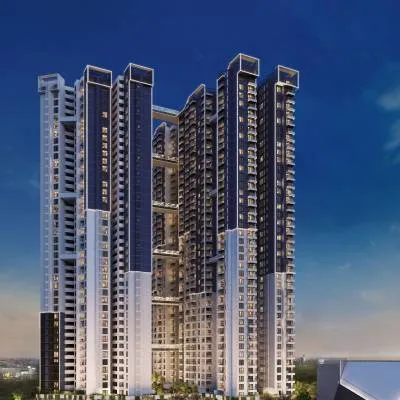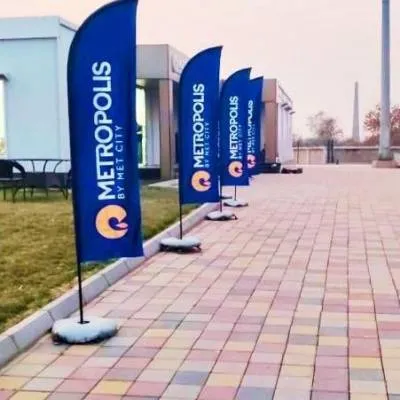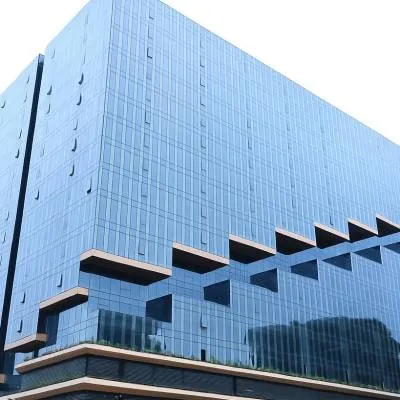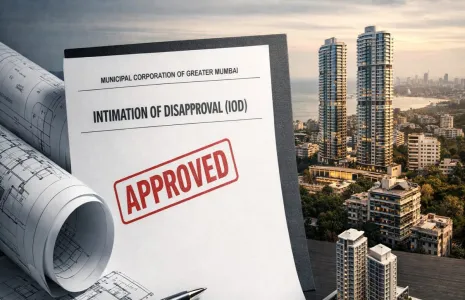Schedule a Call Back
What led to a month-long break for ceramic tile manufacturers?
 The ceramic tile manufacturing units in Morbi have decided to cut production for a month. The decision was taken recently at a meeting organised by the Morbi Ceramic Association. The month-long hiatus, which is now being seen as an equivalent to the Chinese ceramic industry’s annual break in August, has been impelled by numerous factors. These include the slowdown in the construction of domestic projects in view of the rising cost of raw materials like cement and steel and the increase in the rate of home loans.
The ceramic tile manufacturing units in Morbi have decided to cut production for a month. The decision was taken recently at a meeting organised by the Morbi Ceramic Association. The month-long hiatus, which is now being seen as an equivalent to the Chinese ceramic industry’s annual break in August, has been impelled by numerous factors. These include the slowdown in the construction of domestic projects in view of the rising cost of raw materials like cement and steel and the increase in the rate of home loans.According to an Impact Assessment Survey report by CREDAI, cement costs have risen by more than Rs 100 a bag, while steel prices have risen 2.3 times from Rs 39,000 a metric tonne (mt) last year to Rs 90,000 to date. As a result, 46 per cent of developers have announced that this price rise may impact the delivery timelines of their ongoing projects. What’s more, 66 per cent of the developers feel forced to temporarily stop procurement and shut construction sites while 76 per cent believe they can only continue for another six months if in case raw material prices do not correct and they can’t find immediate relief from the ongoing situation. The impact is greatest in Tier 2 and Tier 3 cities as the percentage increase of input prices compared to the selling price per sqft is unprecedented. Being the second largest employment generator in the country, any slowdown or stoppage would directly impact the labour force and their livelihoods across 250+ allied industries.
In Morbi, the changing geopolitical dynamics owing to the ongoing Ukraine-Russia crisis has also played a crucial role. The war has led to a shortage in availability of piped gas,leading to an 80 per cent price hike in gas prices,impelling manufacturers in the ceramic tile business to use propane. However, even though propane costs 4-6 scm lesser than natural gas, the initial installation charges that exceed Rs 10 billion seem to reverse the offset.
“The price of coal and piped gas has increased,” affirms Anil Detroja, Managing Director, Flais Granito.“The rise in diesel prices has escalated freight charges. Similarly, GST on certain items has led to an escalation in production cost. Amid these developments, the dip in domestic construction has accelerated the crisis for tile manufacturers. However, I remain hopeful that the situation will correct by January 2022 when fresh construction activities start in the new year.”
Apart from gas prices, the war has curtailed export orders, delayed shipments and escalated freight charges. Tough competition from European and Chinese vendors has added to the woes of Indian tile manufacturers leaving little room for aprice hike.
“Competition from Chinese vendors is always there,” says Jigar Patel, Director, Tauras Tiles.“As far as European vendors are concerned, they have established their specific codes about quality and pricing that are different from ours so I wouldn’t consider them competitors. In certain cases, the Chinese also have a logistical advantage, which puts us in a spot. For example, even though Australia is a good market for us, it takes around 45-odd days for us to deliver our products. China, on the other hand, can do it in 10 days. Container shortages and escalating freight charges are only worsening the situation.”
Though the number of ceramic tile production units in Morbi has come down from 1,000 to 820. 70 new units have added capacity amida slowdown in orders. With 50 per cent of stock piling up, the industry has no space to accommodate additional inventory. “The production of tiles had increased drastically as opposed to demand, which took a dip,” points out Hiren Karani, Founder, Toro Tiles. “Domestic construction slowed down owing to the monsoon and the increase in prices of raw materials. The crude price escalation and the Russia-Ukraine crisis ensured freight charges shot through the roof. Though we do export to countries like the US, Saudi Arabia and Oman, 70 per cent of our sales are dependent on the domestic market. The situation looks tough now and I am contemplating whether the situation will improve and it will be business as usual before Diwali.”
Morbi’s ceramic industry employs close to 2 lakh skilled and unskilled workers and the ceramic association is preparing a plan to implement the month-long leave for them. August being a month of multiple festivals, many workers as such tend to go on extended leave. For the rest who plan to stay back, the ceramic association is planning to keep them occupied with additional repair and maintenance work.


Subscribe Now
Subscribe to our Newsletter & Stay updated

